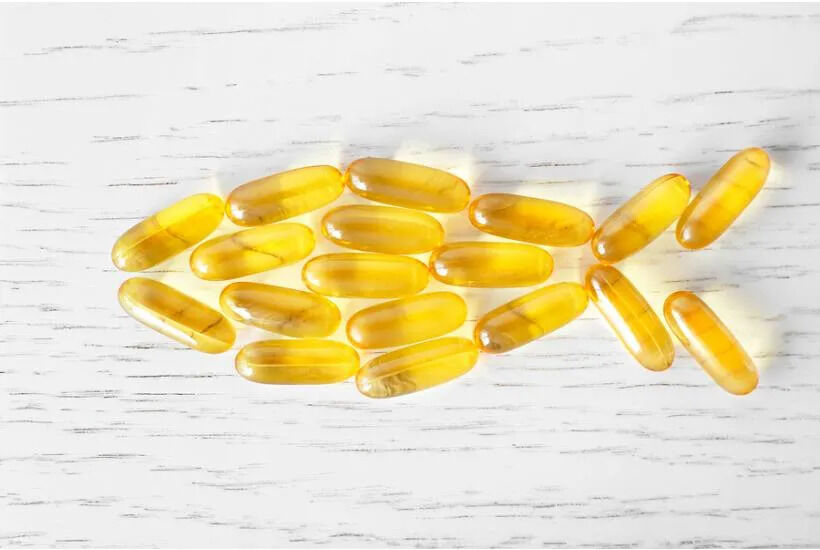Omega-3 Needs After Bariatric Surgery

This article was written for Diet Direct by Sharon Howard R.D., Lisa Diewald R.D. of Nutrition for Living
Now that you are eating smaller amounts of food, the quality of your food choices matter. If you were not fond of salmon, tuna, sardines, herring, or shellfish before you had bariatric surgery, it's very likely you are not consuming the recommended amount of omega-3 fatty acids each day.
Omega-3 fatty acids are primarily found in fish oil. Low fat fish, like tilapia or flounder, have less fat—and so less omega-3 fatty acids. In addition to the fatty fish like salmon and sardines, you can get omega-3s in enriched eggs, as well as grass fed meat and dairy animals.
The Benefits of Omega-3
Why be concerned about fish oil? Omega-3 fatty acids, and specifically DHA and EPA, are anti-inflammatory. Obesity is a low-grade inflammatory stress, which can hinder immune response. As you lose weight, you will still benefit from omega-3 for its immune system/anti-inflammatory boost, as well as several other ways.
Fish oil supplements can lower elevated triglycerides and keep HDL ('good') cholesterol high. It may also reduce the joint pain of rheumatoid arthritis, reduce inflammation and aid in the treatment of depression.
If you don’t eat two, 3-ounce servings of omega-3 rich fish a week, you could supplement your diet with fish oil pills. Bariatric Advantage offers an Omega-3 Chewy Bite supplement in cherry, caramel, and raspberry flavors. Each bite provides 160 mg EPA-DHA. 2 bites a day will give you the minimal dose needed.
Note: There is a small amount of sugar alcohol in each chewy bit, so limit intake to 2 bites a day.
Precautions
Some words of caution. Don’t assume that if some is good, lots more is better.
- High levels of fish oil (in the 4000 mg range) can increase bleeding.
- If you are on anti-coagulants, do not take fish oil without your doctors’ approval.
- Also, if you are allergic to shellfish, you should check to see if any are in your supplement preparation.